Atelier Sophie: The Alchemist of the Mysterious Book is the first Atelier game in the Mysterious trilogy. It’s the follow-up to Gust’s (mostly) superb Dusk trilogy, though it’s not quite the leap forward you might expect from a new trilogy and new heroines.
Atelier Sophie plays it safe and could use more polish in some areas, but it also has a charm that makes it endearing nonetheless.
Atelier Sophie DX Review: Safe and Sound
Gust synthesized bits of the Arland and Dusk trilogies for Sophie with half of Arland’s slice-of-life sim and half of Dusk’s “save the world” narrative. As you’d expect from a game trying to be two different things simultaneously, Sophie doesn’t quite reach the heights of either inspiration and, at times, feels like it doesn’t have a distinct identity of its own.
Still, Atelier Sophie embraces the familiarity and turns it into an asset. Sure, Sophie isn’t trying to do anything exciting or new in the series, but it’s a warm, cozy game for that same reason.
Sophie Neuenmuller is a young alchemist-in-training who just wants to live up to her grandmother’s legacy. That’s hard to do when her synthesis fails more than it succeeds, though. One day, Sophie absentmindedly writes an alchemy recipe in a book she doesn’t remember owning. The book springs to life, calls itself Plachta, and enlists Sophie’s help in restoring its lost memories through learning more alchemy recipes.
There’s a broader story that unfolds around Plachta that eventually involves saving the world from a nefarious alchemist. There’s a good sub-story about how envy sours the closest of relationships, but you won’t get to that point for a while.
The core of Atelier Sophie is the same as it’s always been — craft fantastical items — but Sophie learns new recipes in a different, not always fantastical way. Instead of buying recipe books or learning just through completing tasks, Sophie generates new ideas at intervals after gathering enough Idea Points.
Idea Points pop up from doing “various things,” as the game tells you. Various things can include combat, quests, and gathering, but the most lucrative way to spend your time from an IP perspective is crafting more items. It’s a nifty idea, though Atelier Firis handles it much more smoothly. The pacing can easily drag in Sophie’s opening hours. Locations and recipes are limited, so you’re stuck doing a lot of the same things until the game finally starts to open up.
Fortunately, despite the presence of a calendar, time means nothing in Atelier Sophie. It passes, and that’s it. You don’t have a time limit, and you’re free to gather or explore as much as you want, with one caveat.
There’s a point system determining the quality and type of items Sophie can gather. Every action, including combat, decreases the point total. The lower the total, the fewer items Sophie can gather, at least until you go rest. I get the idea behind it, but it comes off as an artificial gimmick that doesn’t add much to the experience.
Combat is a small step backward from the Dusk trilogy, but the system still has some interesting mechanics going on. The number of additional options and special attacks you can trigger is reduced to, well, nothing. There’s a special bar on the left of the screen instead, and you can unleash unified attacks once it’s full.
Instead, Sophie’s combat is streamlined like the Arland trilogy, with most of the focus put on chaining skills and placing your characters in the right slots. It’s not bad, but removing features is an odd move nonetheless. You can speed up encounters if it gets too tedious though.
Whether you’re gathering items or hanging out around the town of Kirchen Bell, you spend time with some of Atelier Sophie’s huge cast of characters. As always in older Atelier games, the characters you encounter earlier on tend to be better realized and more interesting — especially the plant whisperer Oskar — but there aren’t really any duds in the cast.
Sophie only has one ending, unlike Rorona, but while you don’t get specific character endings this time, you can unlock special scenes with different characters by spending time with them or giving them gifts. Looking back from the vantage point of Atelier Ryza, some of these interactions do feel a bit sparse, but they’re still worth your time and items.
The setting is a bit less inspiring, unfortunately. Atelier Sophie uses a warm color palette for everything, but most of the environments, particularly Kirchen Bell itself, look barren as if they’re still early development builds.
Still, crafting is at the game’s core, and it’s what you’ll spend most of your time doing in Atelier Sophie. Crafting is Atelier Sophie’s strongest point, and the Mysterious trilogy easily has the best synthesis system in the series.
Synthesis takes place on a grid. Every item takes up a set number of squares on that grid, and the pattern changes depending on the item and quality. You can put any item anywhere, but the grid has a few bonus lines on it that grant quality and trait bonuses if you fill them up. Each element also has a set meter that unlocks bonuses if you fill it up by placing that element on the bonus lines.
It sounds and seems simple at first, when you’re making dozens of basic items just to get more Idea Points. Yet it quickly becomes much more involved. Apart from giving you more control over the traits and quality than even the Dusk games, it also keeps the synthesis process engaging since you’re thinking about each item placement.
The only drawback is having to do this countless times for essential items since you can’t synthesize en masse. There’s also my usual complaint that all the awesome traits aren’t really necessary, but Sophie does have a fair few bosses and optional fights that make it worthwhile. And really, crafting is just fun to do.
My biggest issue with Atelier Sophie is that some of the game’s original technical issues survived into the DX port. The framerate just straight up dies around Sophie’s house, for whatever reason. There’s not much around, and it’s hardly a demanding game anyway.
The bigger problem is the eternal loading glitch, though. I’ve had it happen a couple of times, where entering a new area soft locks the game because it gets stuck on the loading screen, which is as infuriating as it sounds.
Atelier Sophie DX Review — The Bottom Line
Pros
- Cozy
- Excellent crafting
- Fun cast
Cons
- A bit too familiar at times
- Doesn’t quite live up to its forebears
- Technical issues still present
Atelier Sophie plays it safe, and for the most part, that’s okay. It might not excel in a given area like Escha & Logy, and it doesn’t push the series forward like Ryza. However, aside from the bugs and framerate issues, Atelier Sophie is fun, comfortable, and cozy, and at the end of the day, that’s enough for me.
[Note: Koei Tecmo America provided the copy of Atelier Sophie DX used for this review]


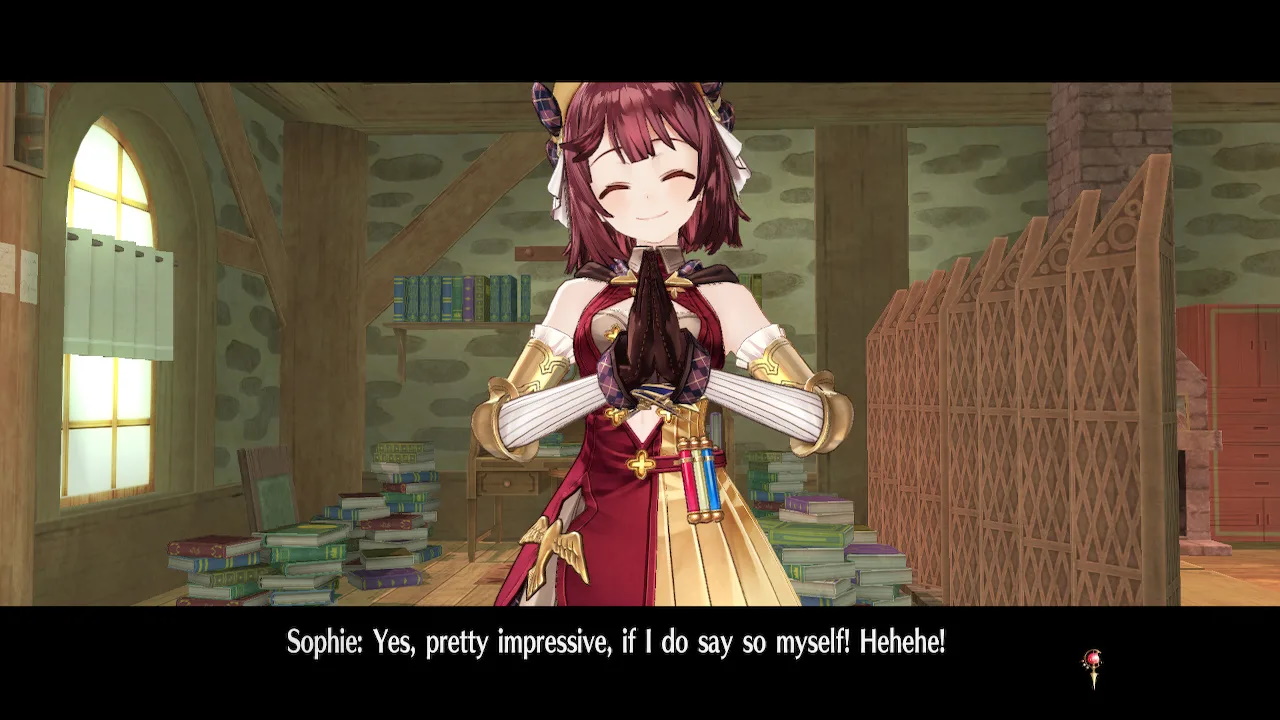
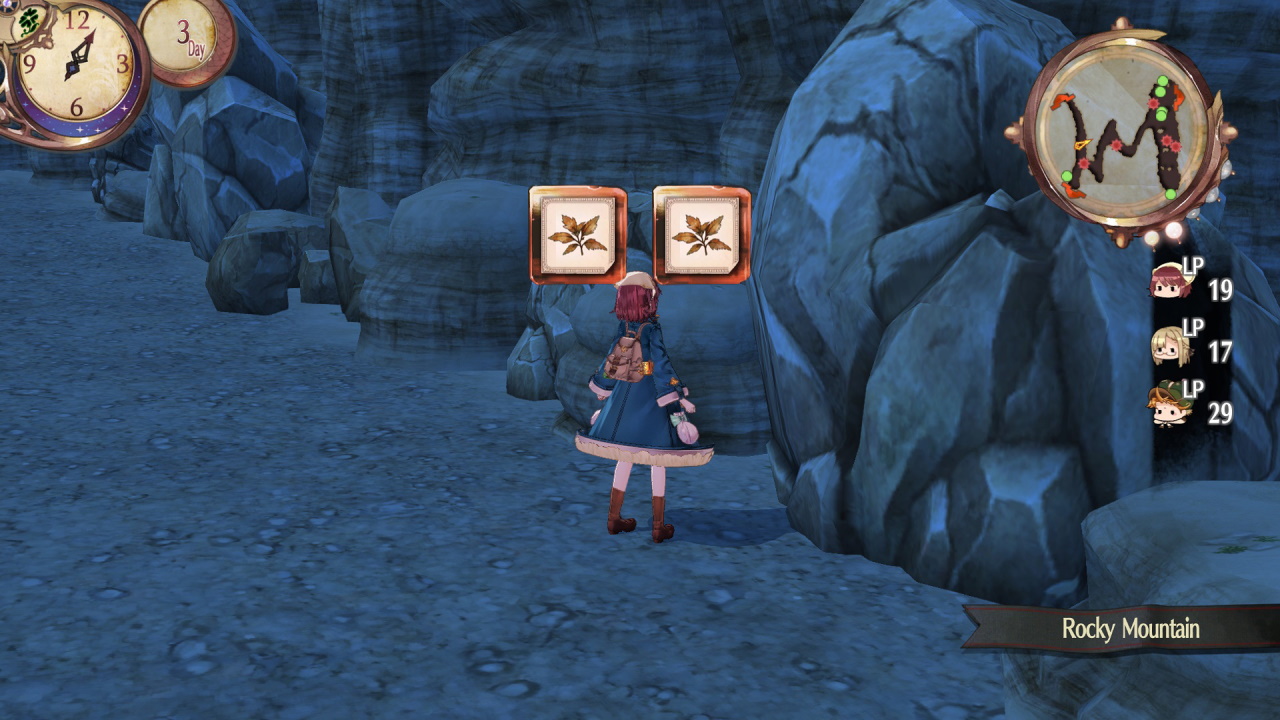
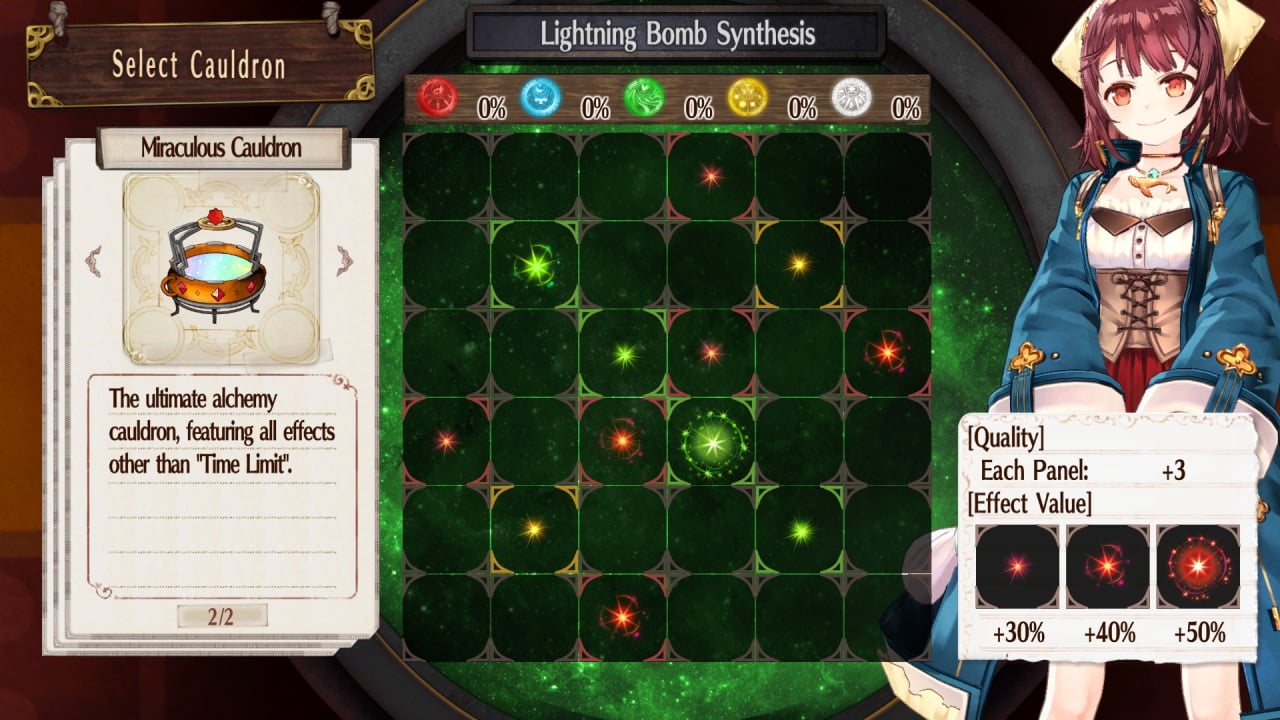
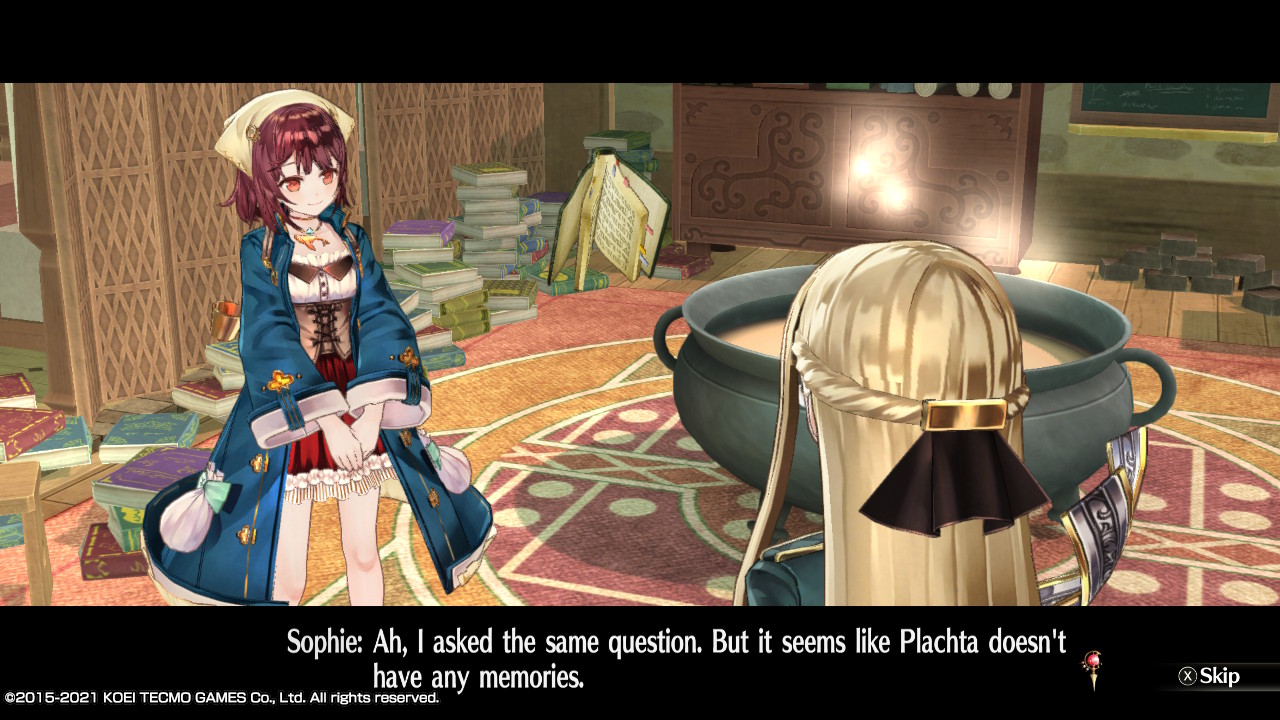
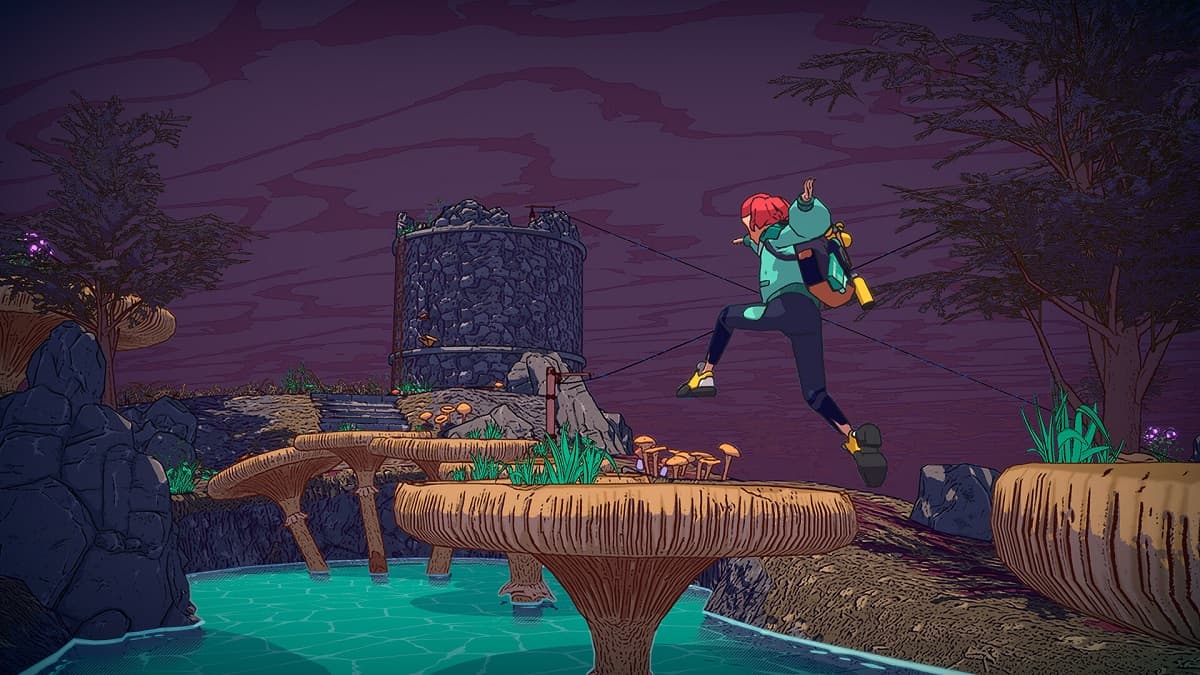
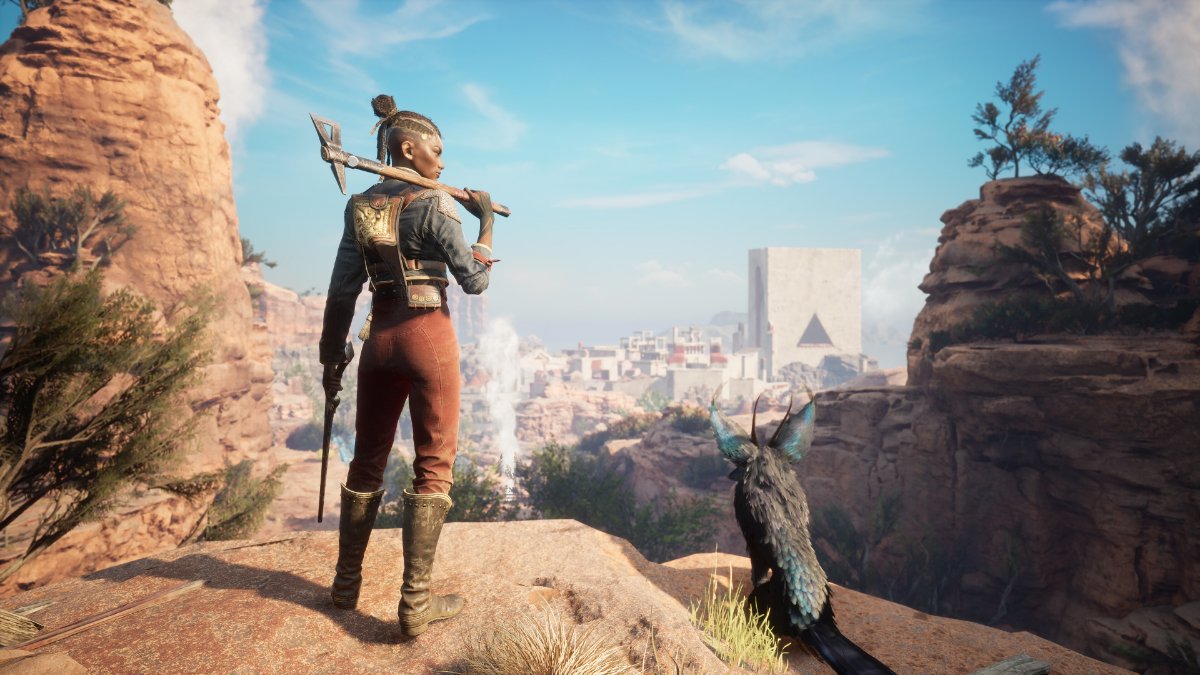

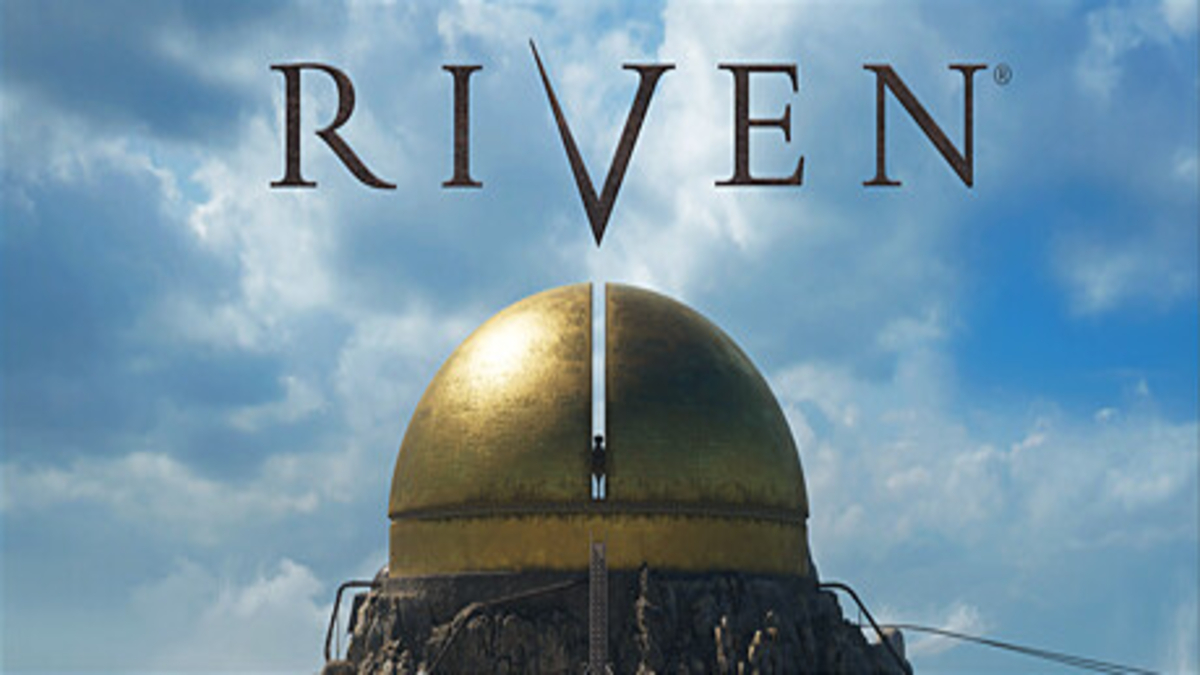
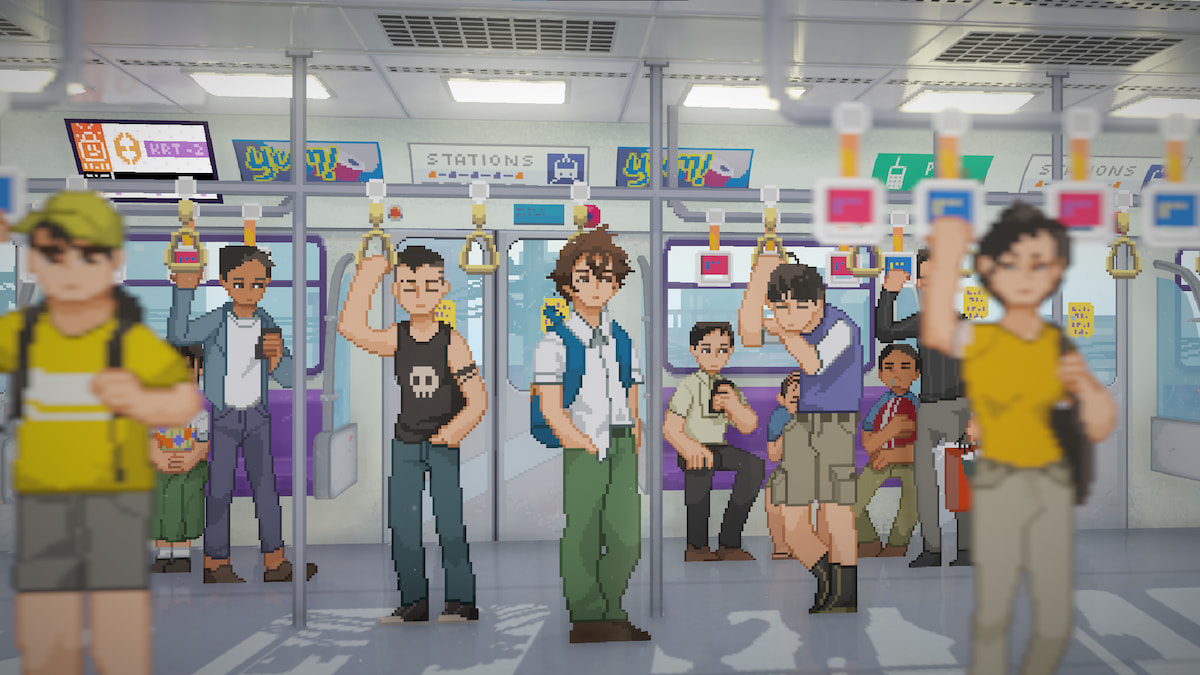
Published: Apr 22, 2021 03:54 pm